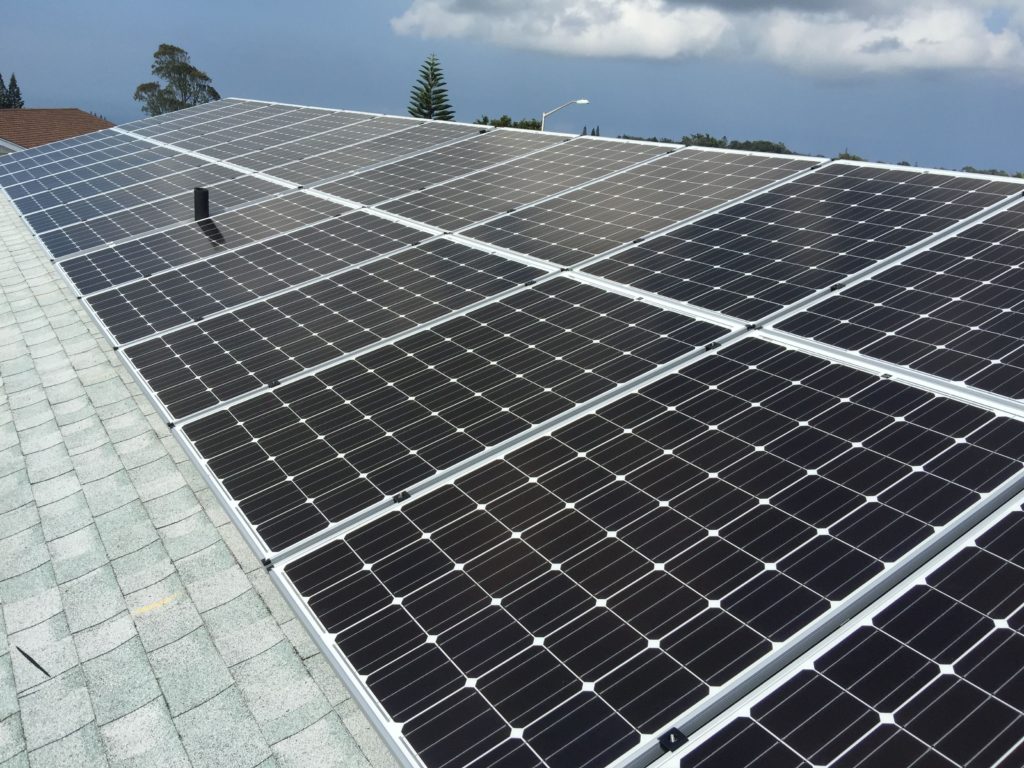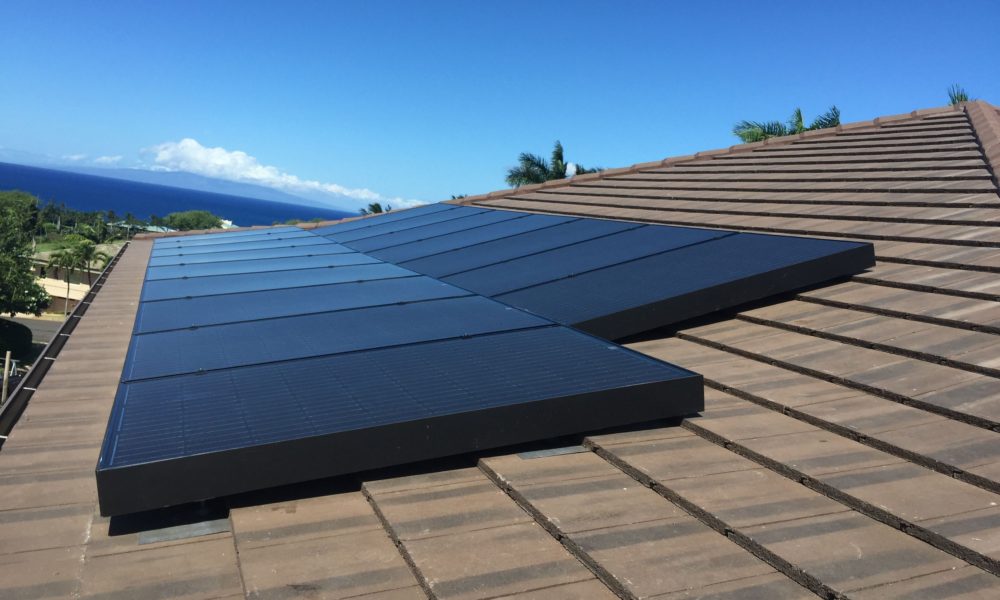When you choose to go green with solar system on Maui, you’ll have to choose between an on grid-solar system and an off-grid solar system. While both solar systems can provide energy for your home or business, their mode of operations are different.
More so, the system you opt for can determine the cost of your solar system. It can also determine how fast you can get a return on your solar investment in the long run.
Difference between on grid and off grid solar system
Here’s how both solar systems compare:
What is on-grid solar system?
Having an on-grid solar system also known as a grid-tied solar system means your solar system is connected to your local utility’s power grid such as MECO or HELCO. If you choose an on-grid system, your excess energy will be sent to your local utility grid either MECO or HELCO in exchange for credits in a process known as net metering.
Also, choosing an on-grid system means the utility grid system serves as your battery space. You’re not required to buy batteries to create a back-up system for storing excess energy generated by your solar system.
More so, in the event that your solar system is unable to generate the required amount of energy you need to power your home, the utility grid can supply the required power you need. On grid solar systems are suitable for both residential and commercial use.

What is off-grid solar system?
As the name implies, an off-grid solar system means you’re off the utility grid and not connected to it in anyway. Your solar system generates the power you need and store the excess energy in your back-up battery. This means your solar system is 100% independent and self-sustaining.
This is why an off-grid solar system kit is different from a grid tied system kit. The components of an off-grid solar system often include solar panels, solar inverters, solar batteries, solar charge controllers, and an optional backup generator.
Nonetheless, there are several key benefits for choosing an off-grid solar system. These include:
- Avoiding power outages
- Reducing your electricity costs significantly
- Keeping the entire Maui safer and cleaner by reducing carbon footprint
- Easier to install
- Huge monthly savings on electricity
We’ve created this simple guide to help you decide if going off-grid is right for you or not to help you make the right choice. You should read these relevant articles if you’re interested in learning more about off grid solar systems:
- Can You Really Live Off Grid with Solar on Maui?
- Off Grid Solar Packages in Maui: What Does a Solar Kit Contain?
- Off Grid Solar System in Maui – 4 Interesting Facts You Should Know
How Solar Systems Work
Regardless of the solar system you choose, either on-grid or off-grid, they function using the same power generation principle. You’ll need solar panels to convert sunlight or solar energy into DC power through photovoltaic (PV) effect.
You can either store the DC power in a battery or have it converted via a solar inverter into AC power. You can use AC power as a source of energy for home use such as running electrical appliances.
Depending on the solar power system you opt for, either on-grid or off-grid, you can store excess energy in a battery or send them to the utility grid in exchange for credits if you’re connected to one.

